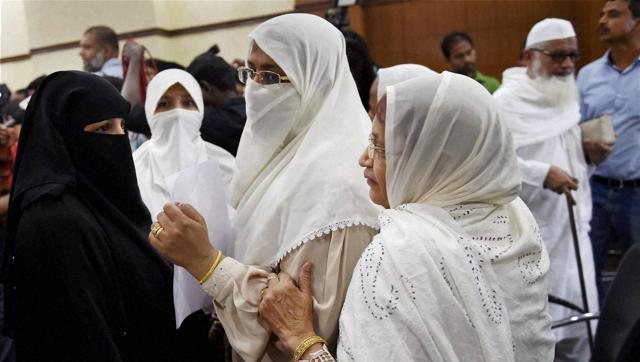
This may be difficult for television anchors to accept but many jurists do question the idea that all law must come from the State. The divide between the socialists and liberals is clearly visible. “Legal pluralism” and “radical libertarianism” are well-recognized scholarly traditions. There is a consensus that the State is not the only source of law. History has many instances of pluralistic legal systems in which multiple sources of law have existed. It is strange that the Law Commission is not able to find much merit in the concept of “legal pluralism”. It is worried about what it has called utter confusion due to various personal laws and has circulated a list of 16 questions inviting people’s opinion on the uniform civil code (UCC). The framers of the Constitution have used the term “uniform” in Article 44 and not “common” because “common” means one and same in all circumstances whatsoever and “uniform” means “same in similar conditions”. It is an erroneous perception that we have different personal laws because of religious diversity. As a matter of fact, laws differ from state to state. It seems the framers of the Constitution did not intend uniformity in the sense of one law for the whole country because the powers to legislate in respect of personal laws have been given to both Parliament and the assemblies. Even all Hindus in the country are not governed by one law. Marriage among close relatives is prohibited in the north but is permitted in the south. It is also true for the Muslims and Christians. The Constitution protects the local customs of Nagaland. Similar protection is enjoyed by the people in Meghalaya and Mizoram. Let us take Goa, as an example. It is repeatedly mentioned that Goa has a UCC. But then the Hindus of Goa are still governed by the Portuguese family and succession laws. The reformed Hindu law of 1955-56 is not applicable to them. Unreformed Shastric Hindu law on marriage, divorce, adoption and joint family is very much valid. The same is true for the Goan Muslims because the Shariat Act of 1937 has not been extended to Goa. Thus, they are governed by Portuguese law as well as Shastric Hindu law and not by Muslim personal law. It is shocking to note that the Special Marriage Act, which is a sort of a progressive civil code, has also not been extended to Goa. Even in Jammu and Kashmir, local Hindu law statutes differ from central enactments. The Shariat Act of 1937 is not applicable to Jammu and Kashmir either, and thus the Muslims continue to be governed by customary law, which, in many ways, is at variance with Muslim personal law.
The universality of the law is not an end in itself as the right to cultural relativism is a recognized human right . Amendments to a community’s personal law with a view to bringing about changes for its betterment are one thing. But tinkering with the enactment for the sole purpose of introducing “uniformity” is another. The former may be an act of reform while the latter a piece of arbitrary action that may attract the disapproval of the community and create polarization. A just code would be better than a UCC. A UCC cannot and should not be enacted in one go. Piecemeal reform is the only option.
Faizan Mustafa is vice-chancellor, NALSAR University of Law, Hyderabad



